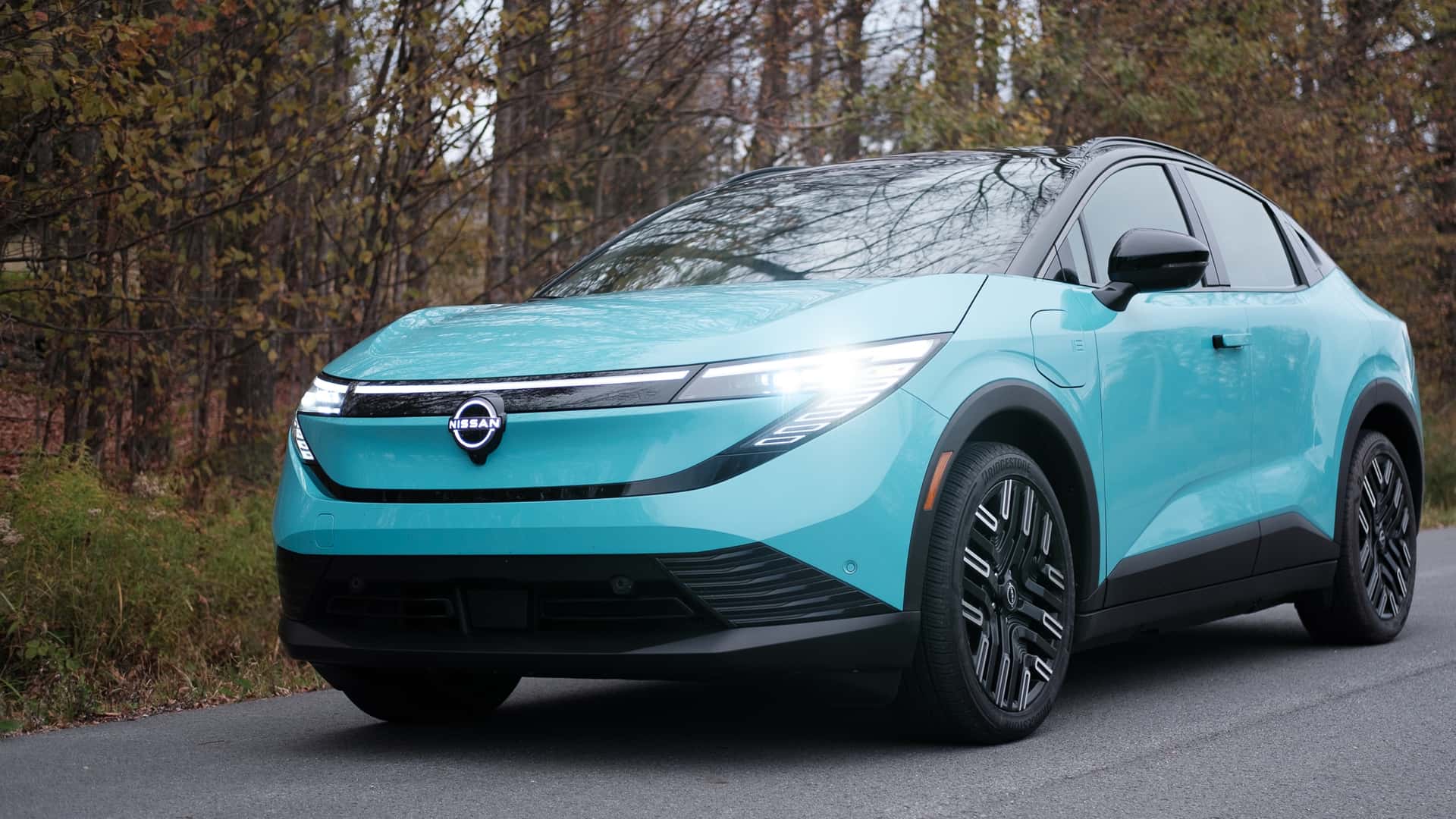
"The Leaf seldom gets credit for what it was trying to be: an affordable, mass-market electric vehicle, priced at the same level as a comparable gas car. That is no easy task when EV battery costs remain high, and very few carmakers are even able to pull it off today. Making a great $30,000 car is never as easy as making a great $100,000 one; add in battery power, and you're looking at a lot of red ink."
"It would be too easy for our engineers to do an expensive electric car. If there's no cost constraint, nothat's not what we need. That's a quote from none other than Nissan-Renault megaboss Carlos Ghosn back in the 2010s, before his highly-publicized fall from grace and when the pioneering Nissan Leaf was still in its first generation. The Leaf seldom gets credit for what it was trying to be: an affordable, mass-market electric vehicle, priced at the same level as a comparable gas car."
"Photo by: Patrick George Yet 15 years after its inception, the Nissan Leaf is finally ready to deliver on its original promise. This latest Leaf offers more range, better tech and fewer compromises than ever. Can it really hit critical mass this time around? (Full Disclosure: Nissan loaned me a Leaf for a week of testing.) I'm the third InsideEVs staffer to test the new-for-2026 Nissan Leaf."
The Nissan Leaf was designed as an affordable, mass-market electric vehicle priced comparable to a gasoline car. High EV battery costs and manufacturing economics made that goal difficult for many automakers. The 2026 Leaf introduces a 75 kilowatt-hour battery, 214 horsepower, 262 pound-feet of torque, Android Automotive OS with Google Built-In, a North American Charging Standard plug, and up to 303 miles of range. The new model improves range, technology, and compromises compared with earlier generations. Those specifications constitute a solid modern EV setup aimed at delivering mass-market practicality without the premium pricing of luxury electric models.
Read at insideevs.com
Unable to calculate read time
Collection
[
|
...
]